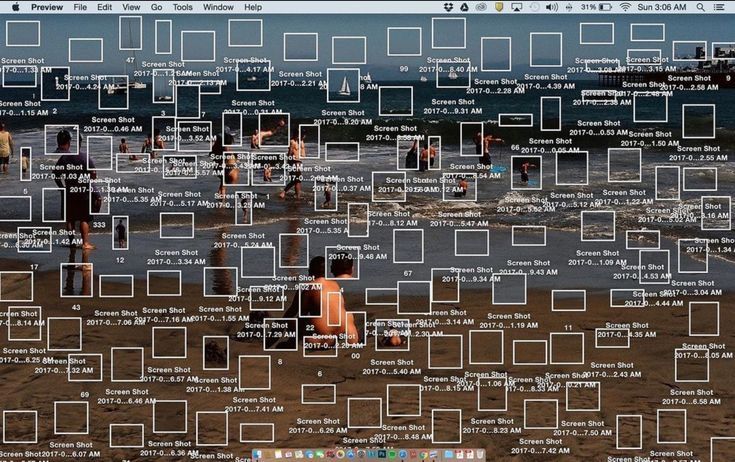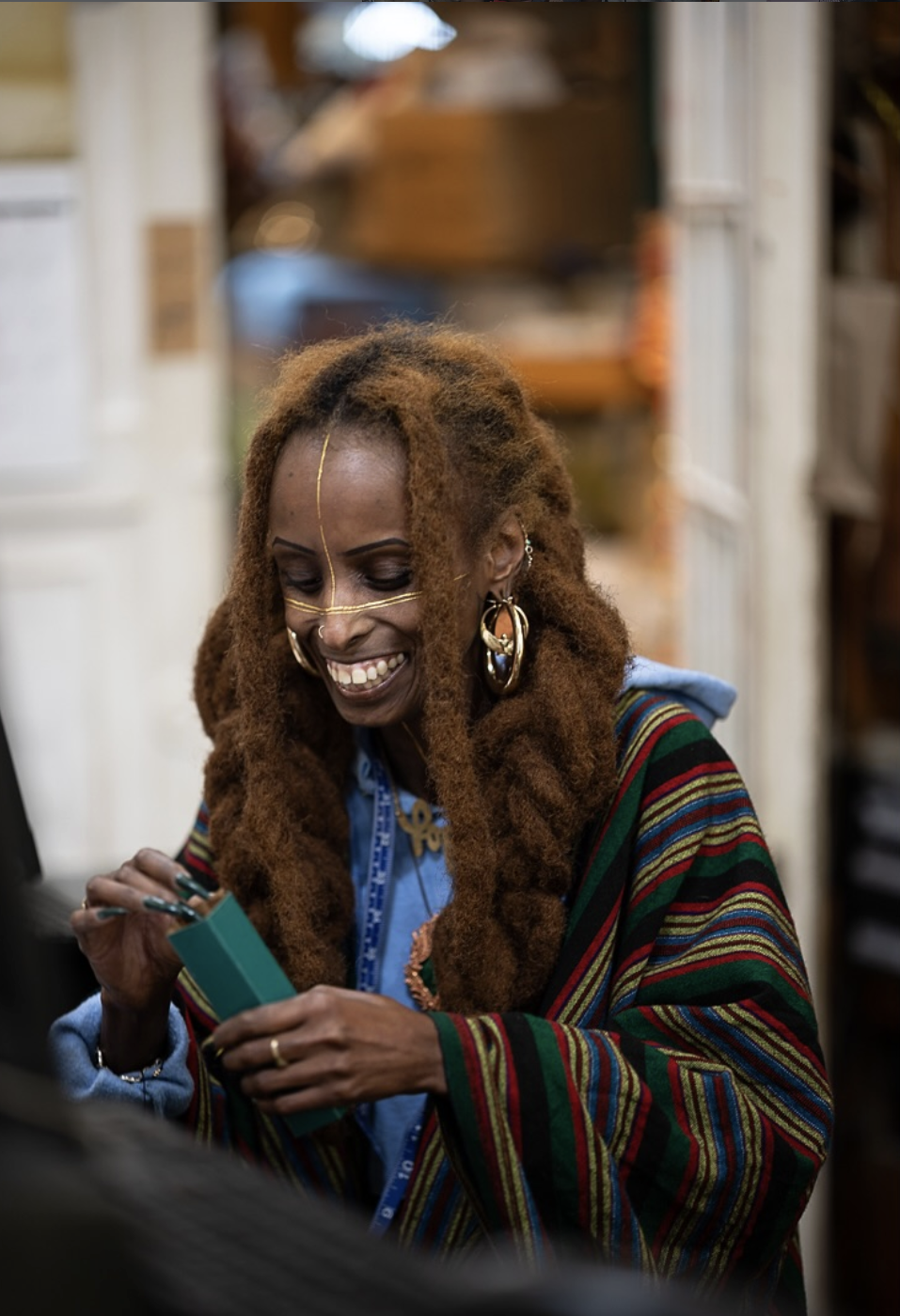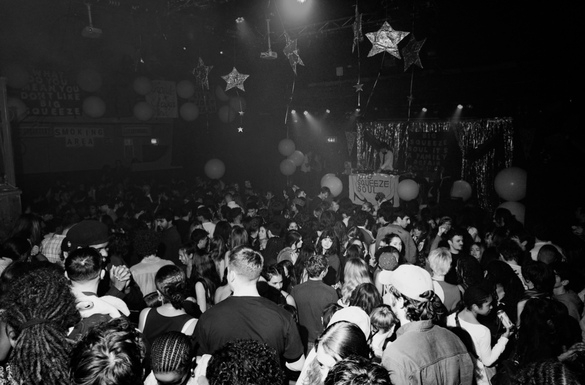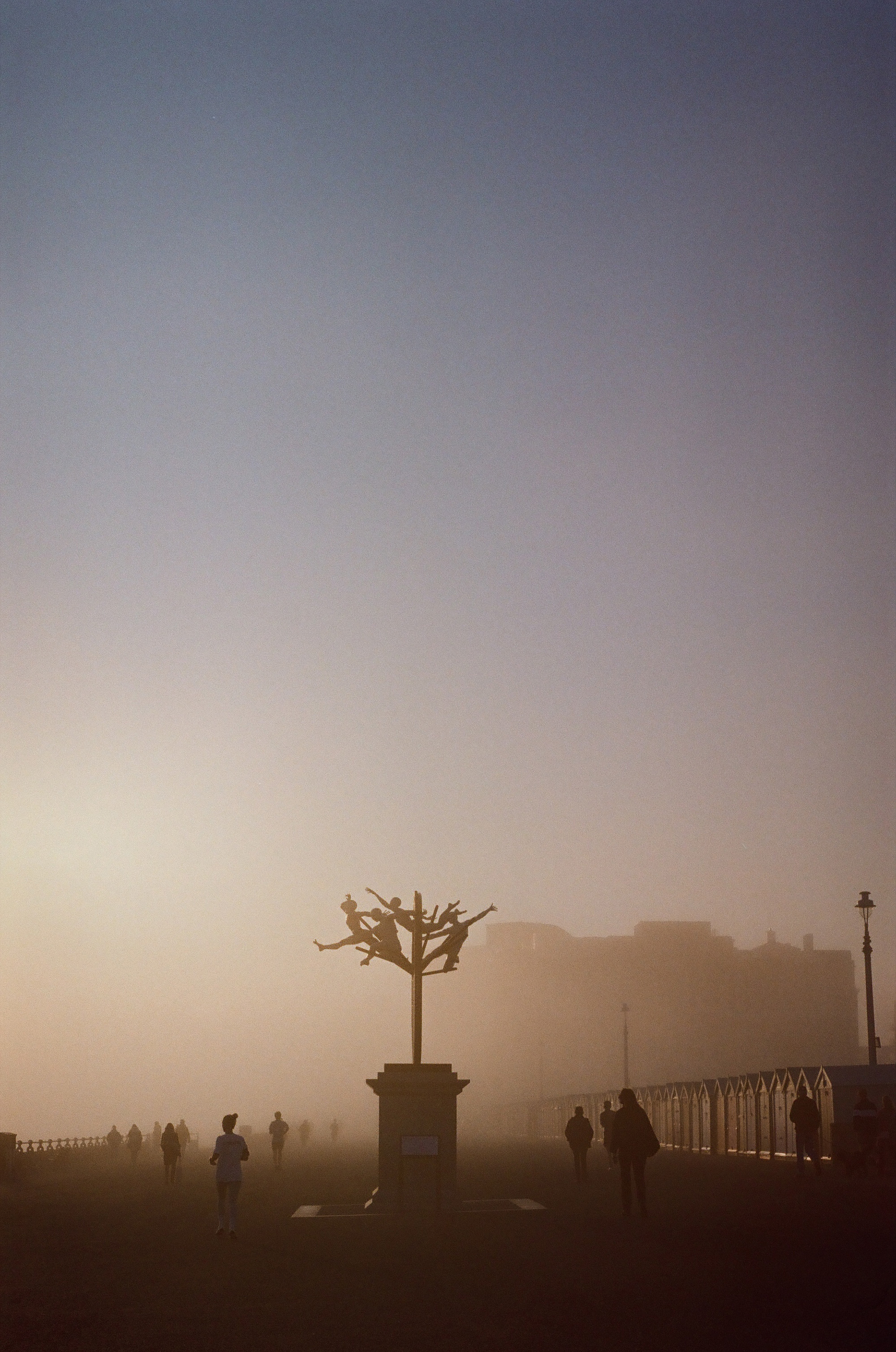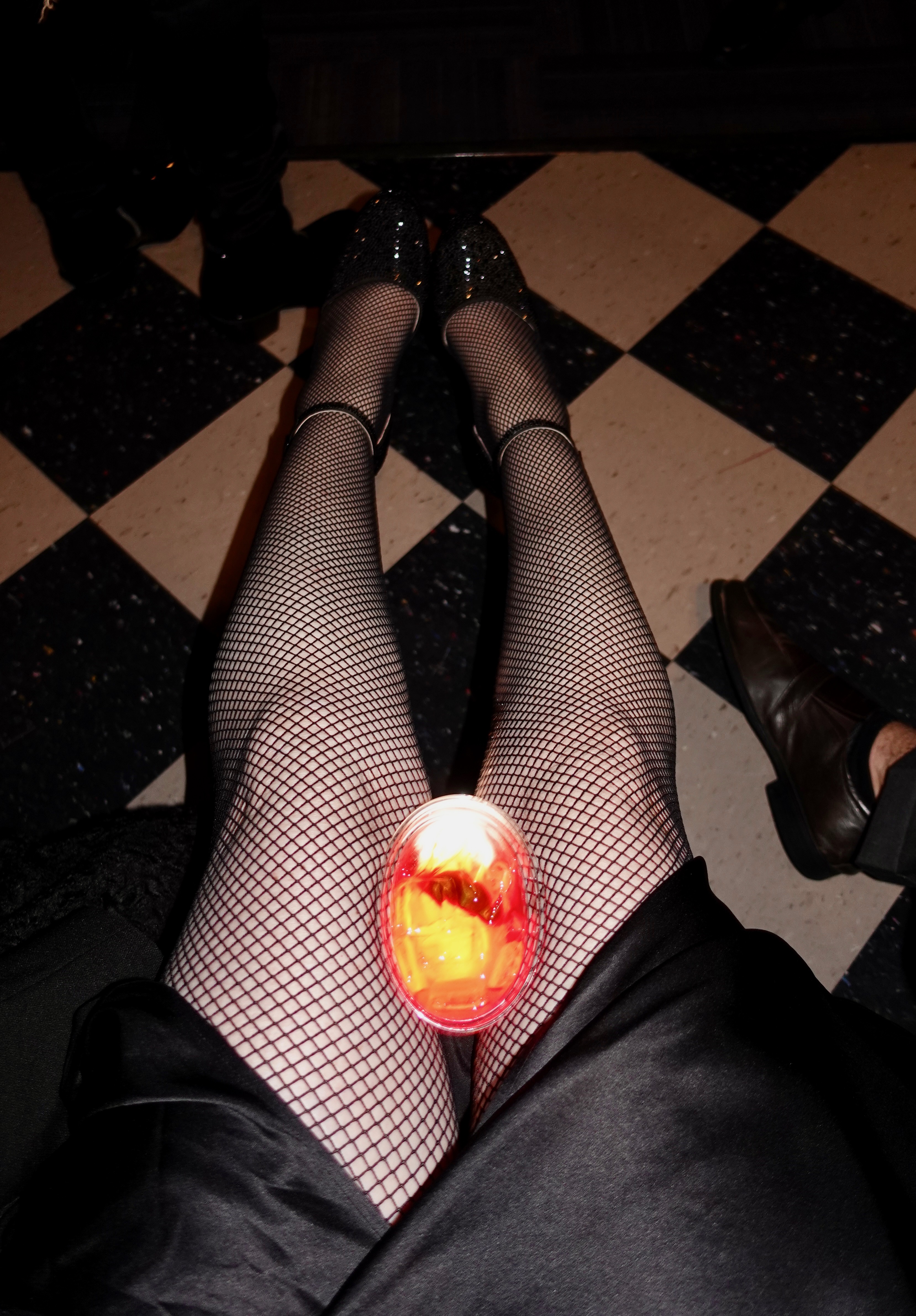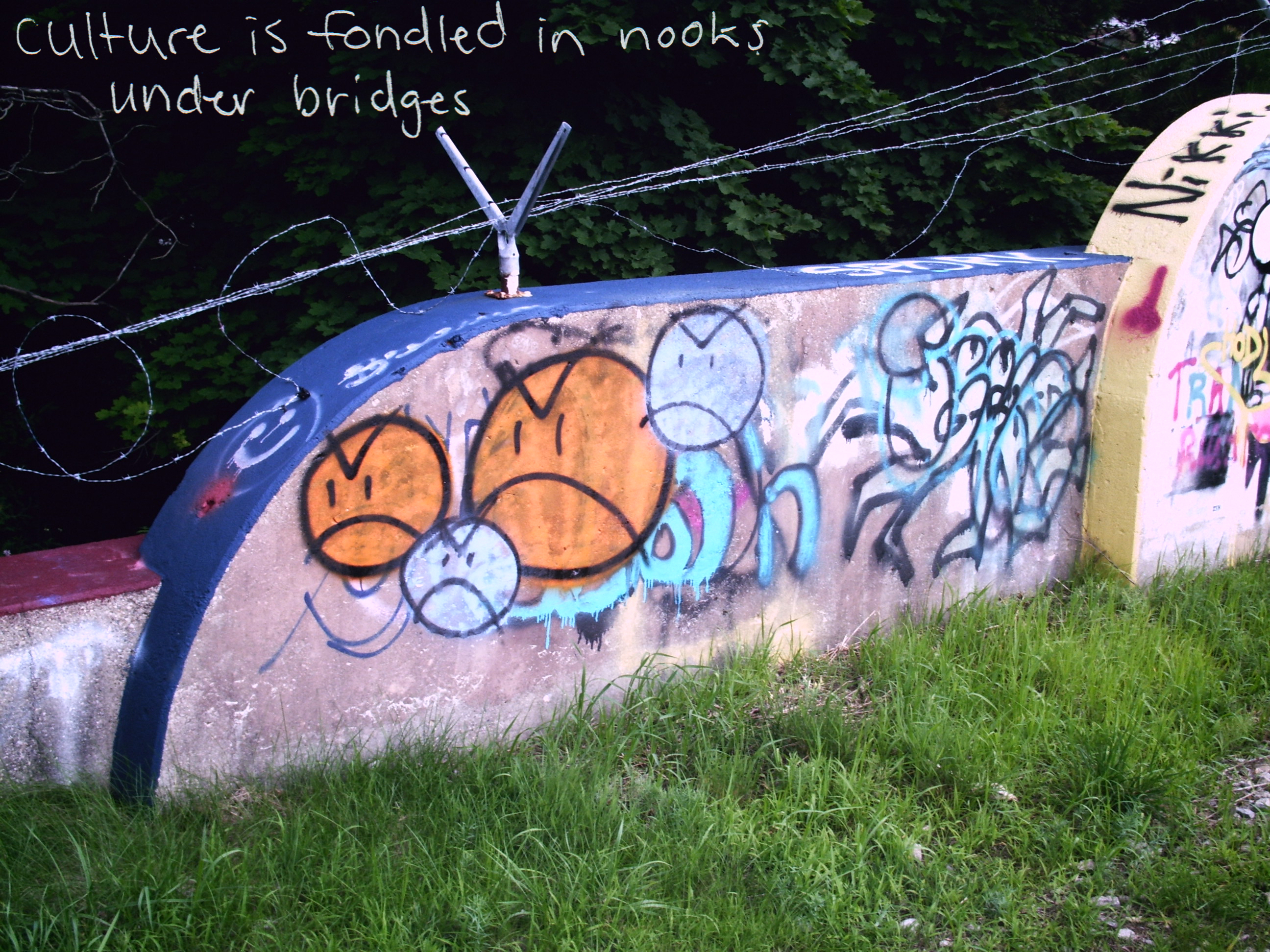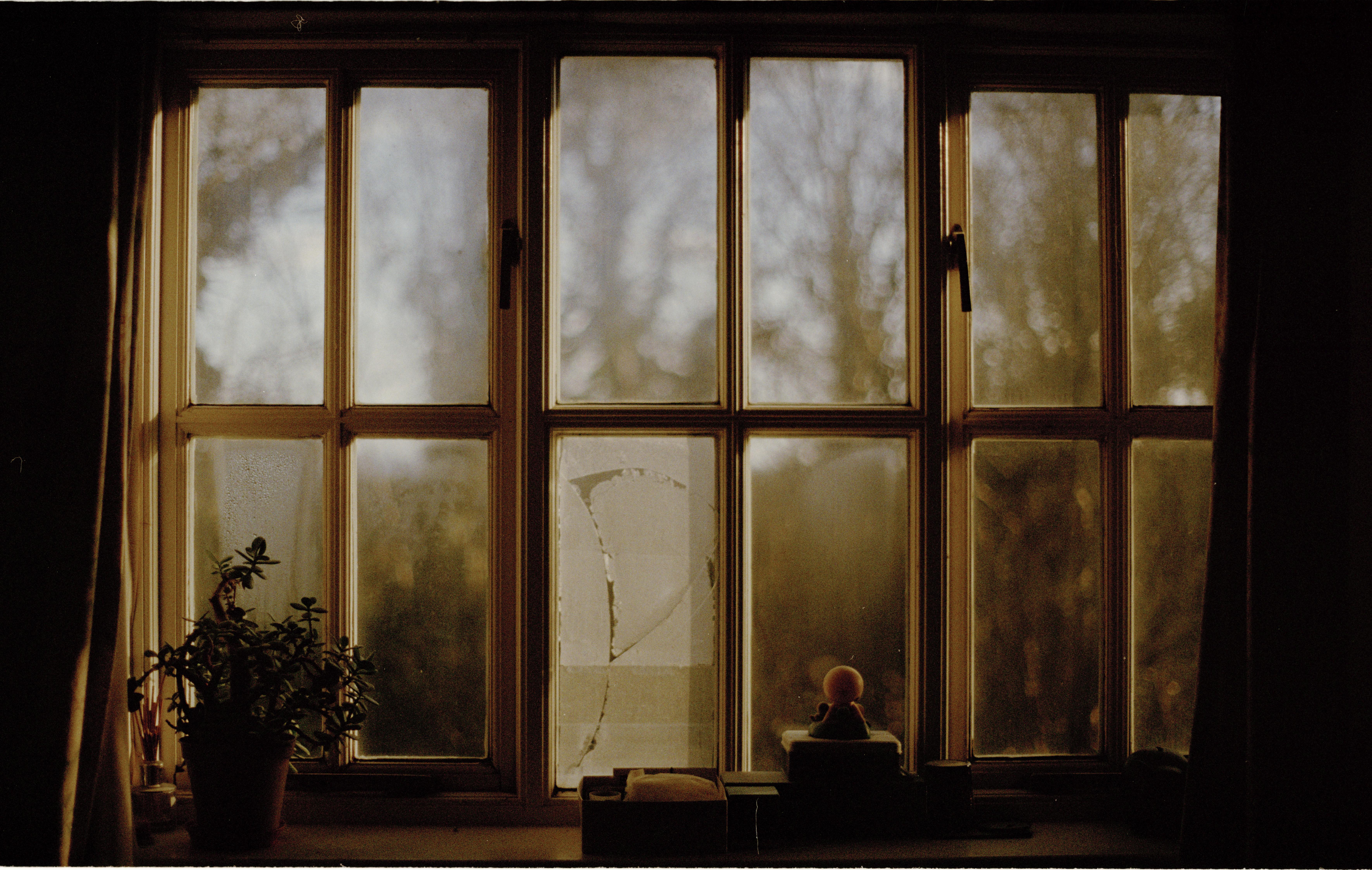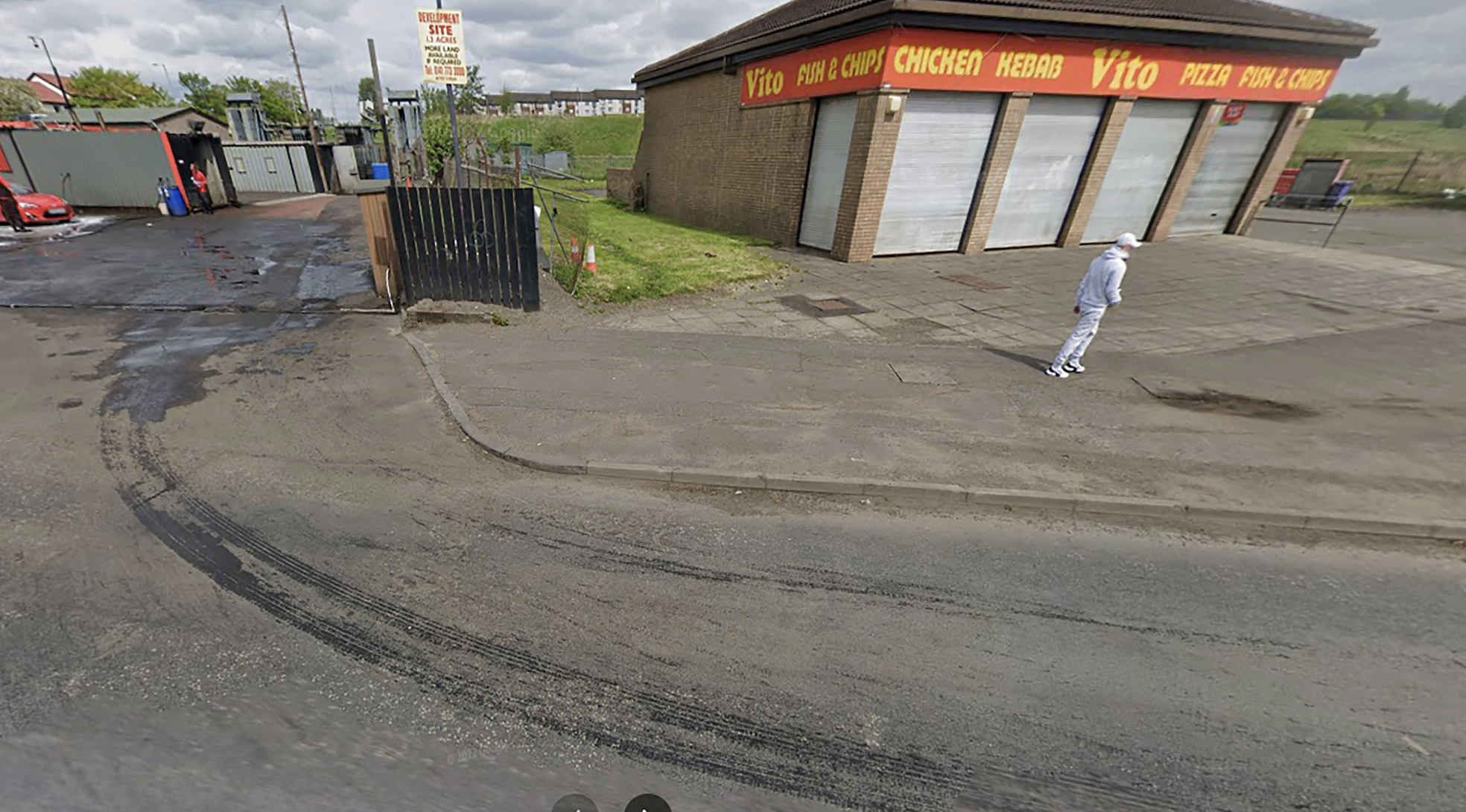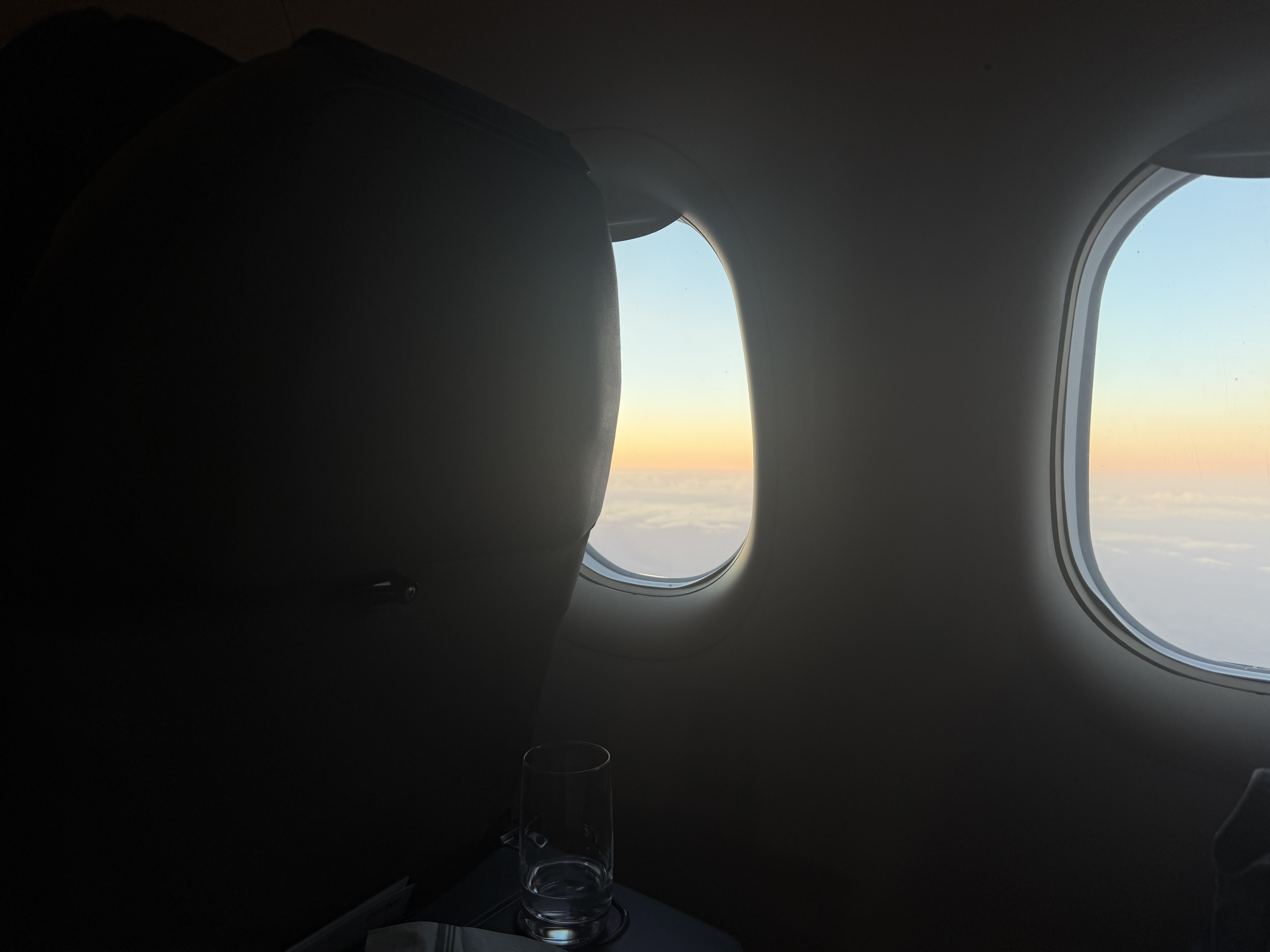Living in a big city is vibrant, stimulative and exciting, a lifestyle that you can never truly get bored of. However, it is also overwhelming, exhausting, and paradoxically, lonely. It can leave you feeling disconnected from nature, other people's lives, as well as your sense of self; so enveloping is its grasp on your life. Getting away from it all is something we talk about all the time, but rarely actually enact. Even taking a trip to the other side of town seems too much to bear on a hungover Sunday, especially when work beckons the very next day.
This was very much my take on things, until my friend showed me an Instagram account in early January, both of us deep in our 'new year, new me' phase. This account promised monthly organised walks outside the M25, a chance to get out of the city and experience nature with a like-minded group of people. What we didn't expect to find, however, when we turned up at Waterloo on a chilly Saturday morning in January, was a huge community of people who felt exactly the same way.

At first, I assumed that people were merely keen to try out something new in the spirit of new year's resolutions, bored of the routine of working five days out of seven and drinking for the remaining two. However, as I got chatting to more and more people throughout the course of the day, it was clear that boredom wasn’t the only motivation for escaping the city. A common theme that sprung up in conversation was the feeling of exhaustion and tension brought out by the noise and rush of living in an urban environment. As a twenty-something, the pressure of being seen to be ‘making the most of youth’ and constantly socialising is an unrealistic yet widely felt expectation that none of us can ever truly fulfil.
In trying to be everywhere all at once: at work, at the gym, at the pub, at the club, at the park, we never give ourselves a minute to breathe and switch off.
Speaking to so many who felt the same exhaustion showed just how dependent we are on green spaces as a means to remedy anxiety. So why not go for a walk by yourself or a couple of your close mates? Choosing to spend your Saturday with a large group of people you’ve never met seems a strange decision for a group of Londoners, who are a famously unfriendly bunch. I found myself questioning my own reasons for joining, as I find the process of introducing and re-introducing myself arduous at times. After a little soul-searching and figuring out that I am in fact, more extroverted than introverted, I was interested to see what pushed other people to make the social leap.

I spoke to Harry Brown, one of the founders of Walk This Way, both walking groups designed for Londoners to escape the city and socialise, about the newfound popularity hiking groups are seeing. “I think it all stems from summer 2021, when we were all locked down and could only leave the house once a day for an hour. This time was obviously challenging for everyone, but as a silver lining I think it taught a lot of people to appreciate the outdoors. For our generation, I think it also sparked the rise of gorpcore, which really pushed hiking to a new audience”.
As we ambled up the slopes of the Chiltern Hills, we also chatted about why we were hiking as a group, rather than solo. Harry pointed out that walking groups attract open-minded individuals, a prerequisite for anyone wanting to hike with strangers, which makes for a welcoming, inclusive environment unlike any other.
Meet-ups in urban settings, however unfamiliar we are to one another, still don’t have the same feel as being in the countryside with people you’ve never met, with no pint to lean on as a conversational crutch.
This unique setting for social interaction was also what drew Lucy and Yas, the founders of Dykes Who Hike, to set up their walking group for queer women, trans and non-binary folk. A large majority of events for queer people are held at either clubs or pubs, which is no bad thing, however Lucy and Yas wanted to make use of the countryside to forge connections. When we spoke about the difference between socialising while hiking and socialising in a pub, they pointed out that the vastness of outdoors means you have the space to move around the group and spark up new conversations with a huge number of people that would be difficult to achieve in a pub or club.

As well as the sense of physical freedom, Lucy and Yas noticed that being in nature has a transformative effect on how people interact with one another, making them open up in ways they normally wouldn’t. They saw that when people spent the day together with a shared goal in mind, it helped form bonds between groups that wouldn’t have otherwise developed. Thanks to these monthly walks, their WhatsApp community currently has 52 subgroup chats covering activities from foraging to bouldering, which many have said is thanks to the safe and open atmosphere Lucy and Yas have managed to create.
After hearing about and experiencing so many positive interactions from multiple hiking groups, I had a chance to reflect on how we choose to live our lives in cities. It would be too simplistic of me to say that cities aren’t as conducive an environment to finding connection as the countryside, as the very reason these connections were forged is due to the fact we all live in cities. I also won’t sit here and suggest that the act of getting out and about in the great outdoors will magically cure any feeling of anxiety and/or depression you may be experiencing, as it wouldn’t be right to prescribe a plaster for a bullet wound. One thing I can be sure of, however, is that big cities do make us forget the importance community holds in our lives. The current climate of individualism, whether felt in the neoliberal sense at work, or in the personal sphere with ‘you don’t owe them sh*t’ discourse, dominates our everyday interactions. Finding a community is the key to finding a sense of belonging, something that groups like Dykes who Hike and Overground are able to provide us with. Standing at the top of a muddy hill in January with a group of strangers just goes to show how powerful the human desire for connection really is.

